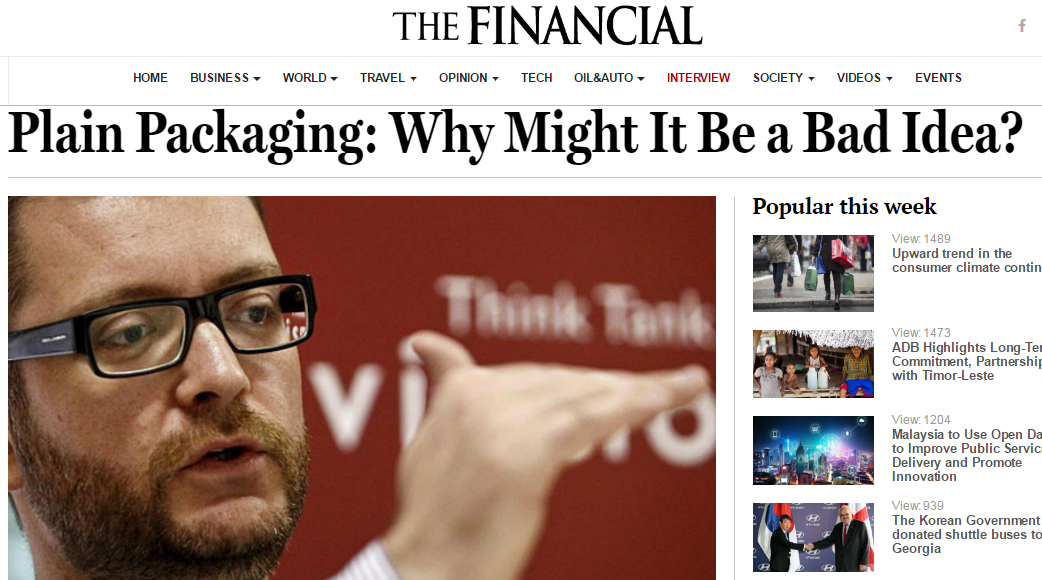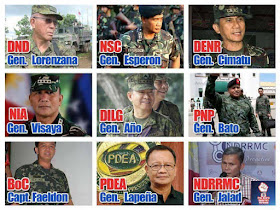This week, President Duterte who was in Russia when there was a big fight between the Armed Forces of the PH (AFP) and the Maute group of local terrorists, declared Martial Law for the entire Mindanao. I think PDu30 acted with paranoia here as he is too focused on anti-drugs de tokhang war vs
ordinary civilians, or China-Russia-love ya affair. When faced with real war,
his first instinct is to declare Martial Law.
The PH National Police (PNP) too has become too focused on drugs de tokhang that their intelligence gathering on the real organized, armed criminals has suffered. Below, I am reposting opinions from some friends, posted in their fb walls on dates indicated.
(1) Jose Antonio
Custodio, May 23:
The group that is
attacking Marawi City is the Maute group with some reinforcements....it is not
the ISIS.... They are taking advantage of the fact that the military and police
are distracted by the lack of a coherent policy on internal security. It is as
simple as that.
(2) Jojo Garcia, May 23:
Martial law means
the suspension of civilian government and the installation of military rule.
The functioning of regular civilian courts and sanggunians are explicitly the
only exception among civilian offices that should continue under the military
government. Martial law also means that Mindanao is now under a military
governor or governors, usually the heads of the AFP commands in the island.
They will govern the civilian population through AFP general orders to be
carried out by soldiers, not by the civilian LGUs whose operation and authority
are now effectively suspended if martial law is truly to take effect. Anything
less than this will merely amount to a hodgepodge system that would result in a
nominal declaration mainly intended for propaganda purposes of showing
presidential muscle.
If this is real and
not nominal martial law, this is the largest geographical area put under
martial law since the superficial lifting of Marcos's martial law in 1981. I
hope this is only a nominal presidential show of force and not a real
implementation of martial law, since I am not sure if the AFP is capable of
running a military government in such a large area without the concommittant
human rights violations committed en masse.
In short, sana
pang-PR at yabang lang yan, because the last time the AFP implemented martial
law as declared by a tyrant, there was no turning back.
(3) Dan Adan, May 25:
Understanding Section 18 of Art. VII of the 1987
Constitution Bit by Bit
The President:
1. Is the Commander-in-Chief of all armed forces of the
Philippines.
2. As Commander-in-Chief, may call out such armed forces
to prevent or suppress lawless violence whenever it becomes necessary.
3. As Commander-in-Chief, may call out such armed forces
to prevent or suppress invasion whenever it becomes necessary.
4. As Commander-in-Chief, may call out such armed forces
to prevent or suppress rebellion whenever it becomes necessary.
5. May suspend the privilege of the writ of habeas corpus
for a period not exceeding sixty days in case of invasion or rebellion, when
the public safety requires it.
6. May place the Philippines or any part thereof under
martial law for a period not exceeding sixty days in case of invasion or
rebellion, when the public safety requires it.
7. Shall submit a report in person or in writing to the
Congress within forty-eight hours from the proclamation of martial law.
8. Shall submit a report in person or in writing to the
Congress within forty-eight hours from the suspension of the privilege of the
writ of habeas corpus.
9. The Congress, voting jointly, by a vote of at least a
majority of all its Members in regular or special session, may revoke the
President's proclamation of martial law.
10. The Congress, voting jointly, by a vote of at least a
majority of all its Members in regular or special session, may revoke the
suspension of the privilege of the writ of habeas corpus.
11. The President cannot set aside the congressional
revocation of the declaration of martial law.
12. The President cannot set aside the congressional
revocation of the suspension of the privilege of the writ of habeas corpus.
13. The President may ask Congress to extend the
proclamation of martial law if the invasion or rebellion shall persist and
public safety requires it.
14. The President may ask Congress to extend the
suspension of the privilege of the writ of habeas corpus if the invasion or
rebellion shall persist and public safety requires it.
15. The Congress, voting jointly, by a vote of at least a
majority of all its members in a regular or special session, may extend the
proclamation of martial law for a period to be determined by the Congress, if
the invasion or rebellion shall persist and public safety requires it.
16. The Congress, voting jointly, by a vote of at least a
majority of all its members in a regular or special session, may extend the
suspension of the privilege of the writ of habeas corpus for a period to be
determined by the Congress, if the invasion or rebellion shall persist and
public safety requires it.
17. The Congress, if not in session, shall, within
twenty-four hours following such proclamation or suspension, convene in
accordance with its rules without need of a call.
18. Any citizen may file a case before the Supreme Court
questioning the sufficiency of the factual basis of the proclamation of martial
law or the extension thereof.
19. Any citizen may file a case before the Supreme Court
questioning the sufficiency of the factual basis of the suspension of the
privilege of the writ of habeas corpus or the extension thereof.
20. The Supreme Court may review the sufficiency of the
factual basis of the proclamation of martial law or the extension thereof.
21. The Supreme Court may review the sufficiency of the
factual basis of the suspension of the privilege of the writ of habeas corpus
or the extension thereof.
22. The Supreme Court must promulgate its decision on the
factual basis sufficiency within thirty days from its filing.
A state of martial law does not:
23. Ssuspend the operation of the Constitution.
24. Supplant the functioning of the civil courts.
25. Supplant the functioning of legislative assemblies.
26. Authorize the conferment of jurisdiction on military
courts and agencies over civilians where civil courts are able to function.
27. Automatically suspend the privilege of the writ of
habeas corpus.
28. The suspension of the privilege of the writ of habeas
corpus shall apply only to persons judicially charged for rebellion or offenses
inherent in, or directly connected with, invasion.
29. During the suspension of the privilege of the writ of
habeas corpus, any person thus arrested or detained shall be judicially charged
within three days, otherwise he shall be released.
(4) Bernard Ong, May 25:
GEO-FENCING MARTIAL LAW
After Mindanao Martial Law, the trial balloon for
nation-wide Martial Law is now flying high.
Inclusions:
1. Mindanao of course - home of the Durterte este Maute
Group
2. Visayas because it is just walking distance from
Mindanao
3. Luzon because it is just walking distance from Visayas
4. Anybody named Luzviminda is covered
Exclusions:
1. Taiwan which is just walking distance from Luzon
2. Kalayaan Islands (a.k.a Spratly) because it will anger
China
3. Panatag because that has been bartered to China for
(scrap) trains
4. Davao because it has already been under authoritarian
rule for 30 years
5. Anybody who can walk on water is exempted
For assurance that Martial Law will not be abused by
unaccountable men in power, read up on Marcos history. Better yet, go dig some
bones at Maa Quarry.

























